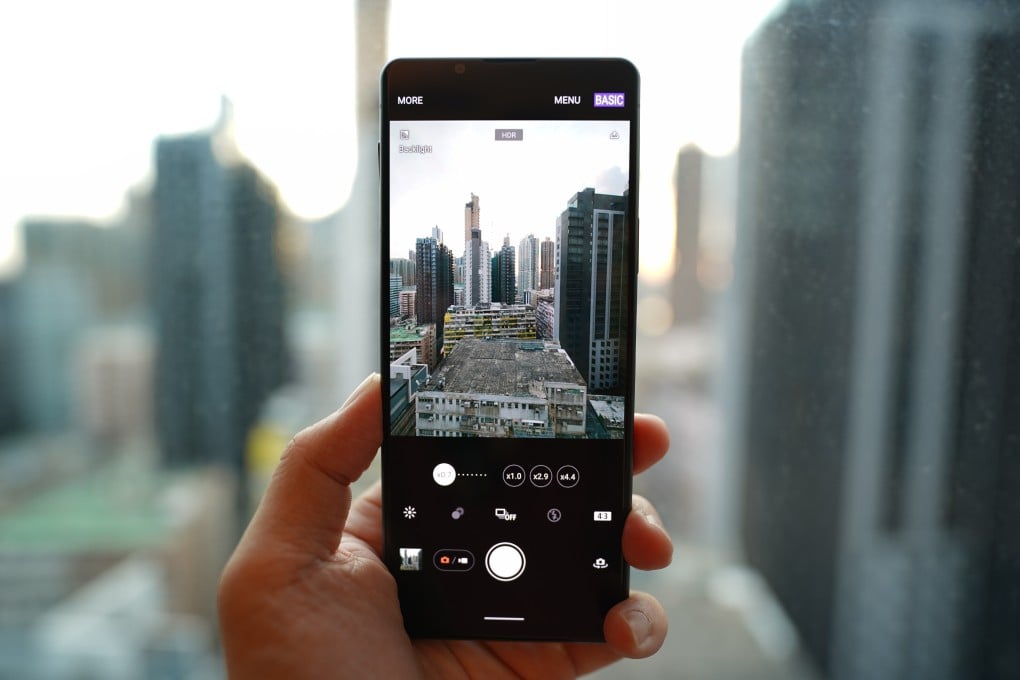Sony apologises for choosing anniversary of Japanese invasion of China as launch date for newest smartphones
- Sony’s poor choice of date was magnified because the announcement was made the day before the Communist Party celebrated its 100th anniversary
- Capcom found itself in a similar situation last March when it launched its Resident Evil 3 game with a passcode seen as a reference to a sensitive date

Japanese tech giant Sony Group has apologised for scheduling its China marquee launch event on the same date that Japan invaded the country 84 years ago.
Sony announced on social media on Wednesday night that it would host an event in China on July 7 to unveil its newest smartphones.
The announcement was quickly met with condemnation by Chinese netizens on Weibo, China’s top microblogging platform, as the date was also the anniversary of the Marco Polo Bridge Incident in 1937, generally considered to be the start of the Second Sino-Japanese War.
Sony responded with a post on Weibo Thursday morning, apologising for its insensitive choice of date for the event.
“Because of our inadequate preparation, our choice of date has caused much confusion and discomfort. We wish to express our most sincere apologies and we have immediately cancelled all related events,” the company said.

03:04
Sony PlayStation 5 goes on sale in Hong Kong, but most gamers need to pay double to get one
The impact of Sony’s poor choice of date was magnified because the original announcement was made the day before the Communist Party of China celebrated its 100th-anniversary. In the lead-up to the celebration, many promotional events have been postponed as a show of respect for the party.